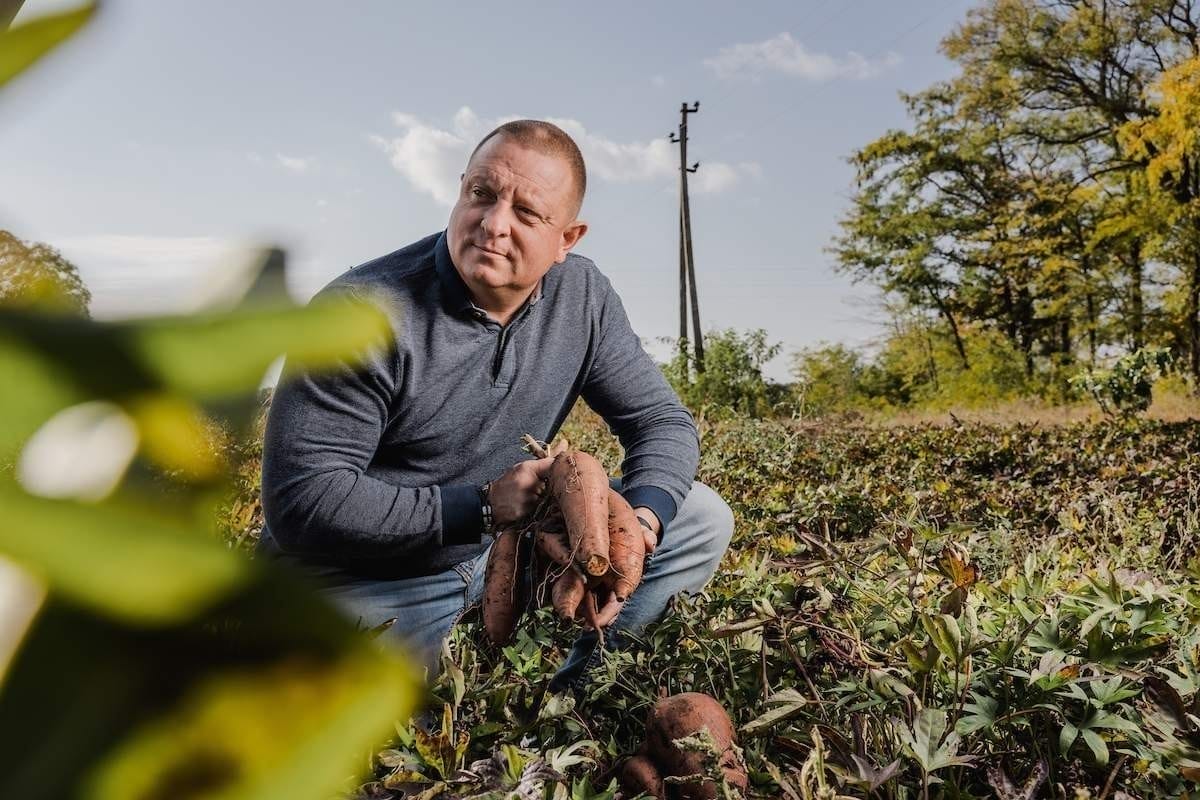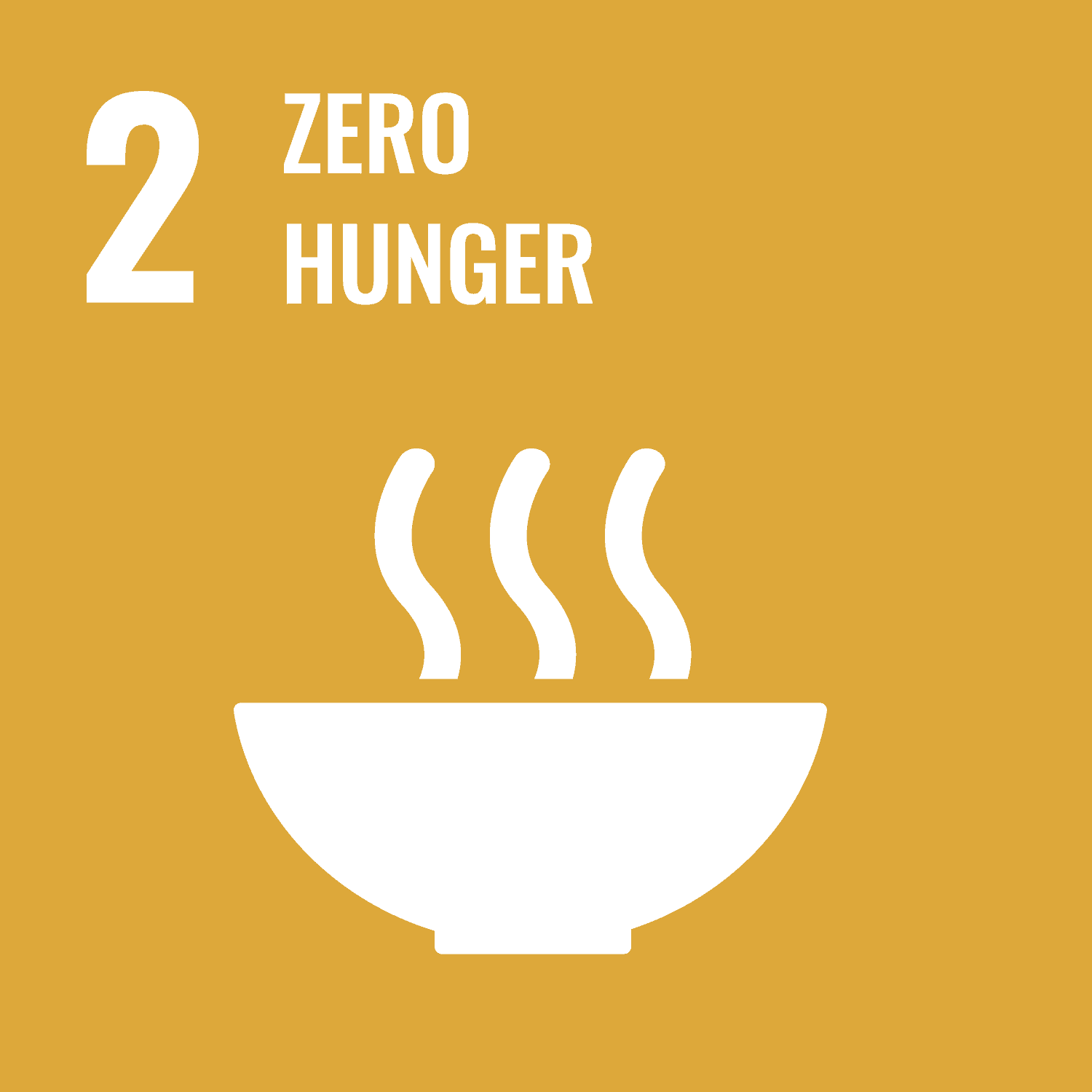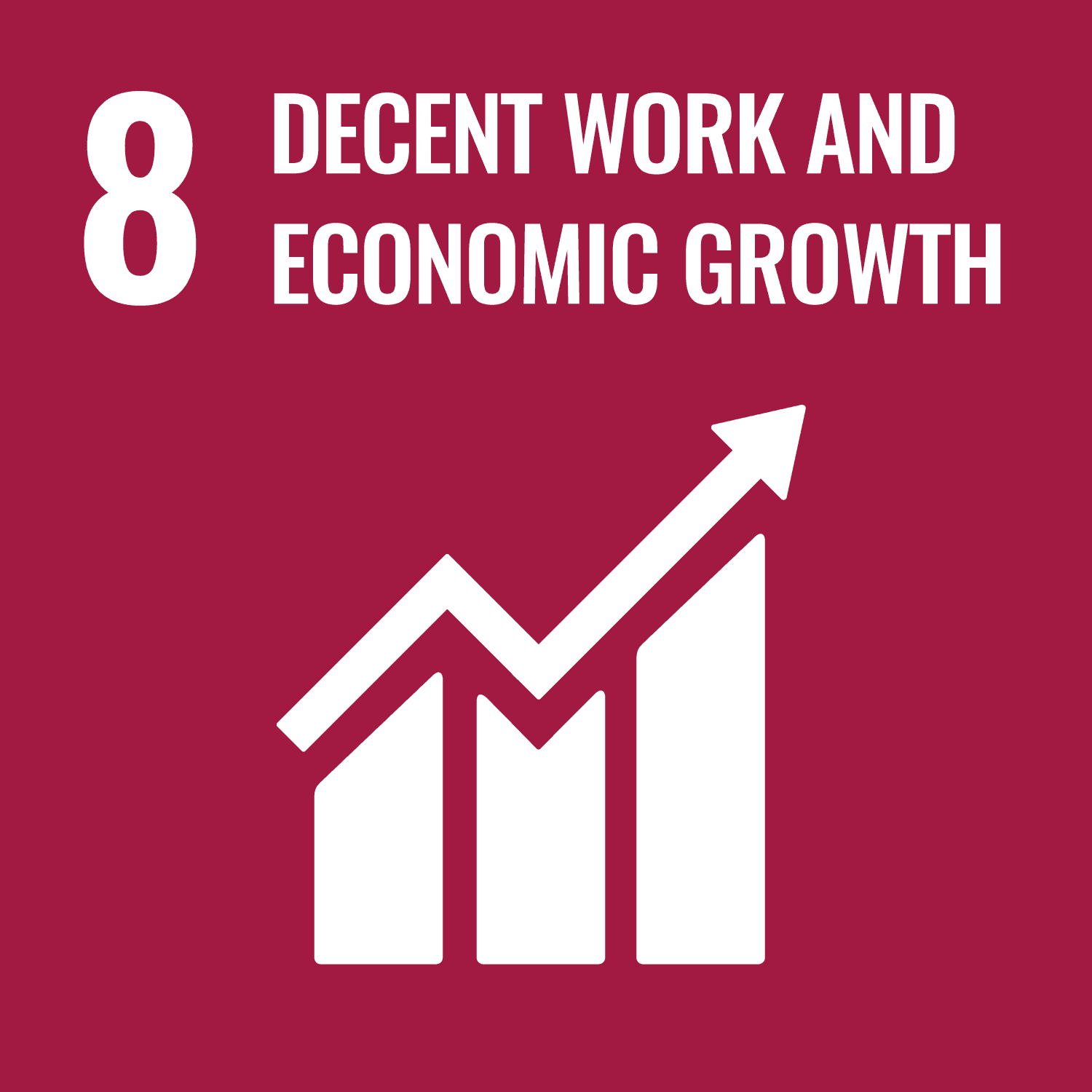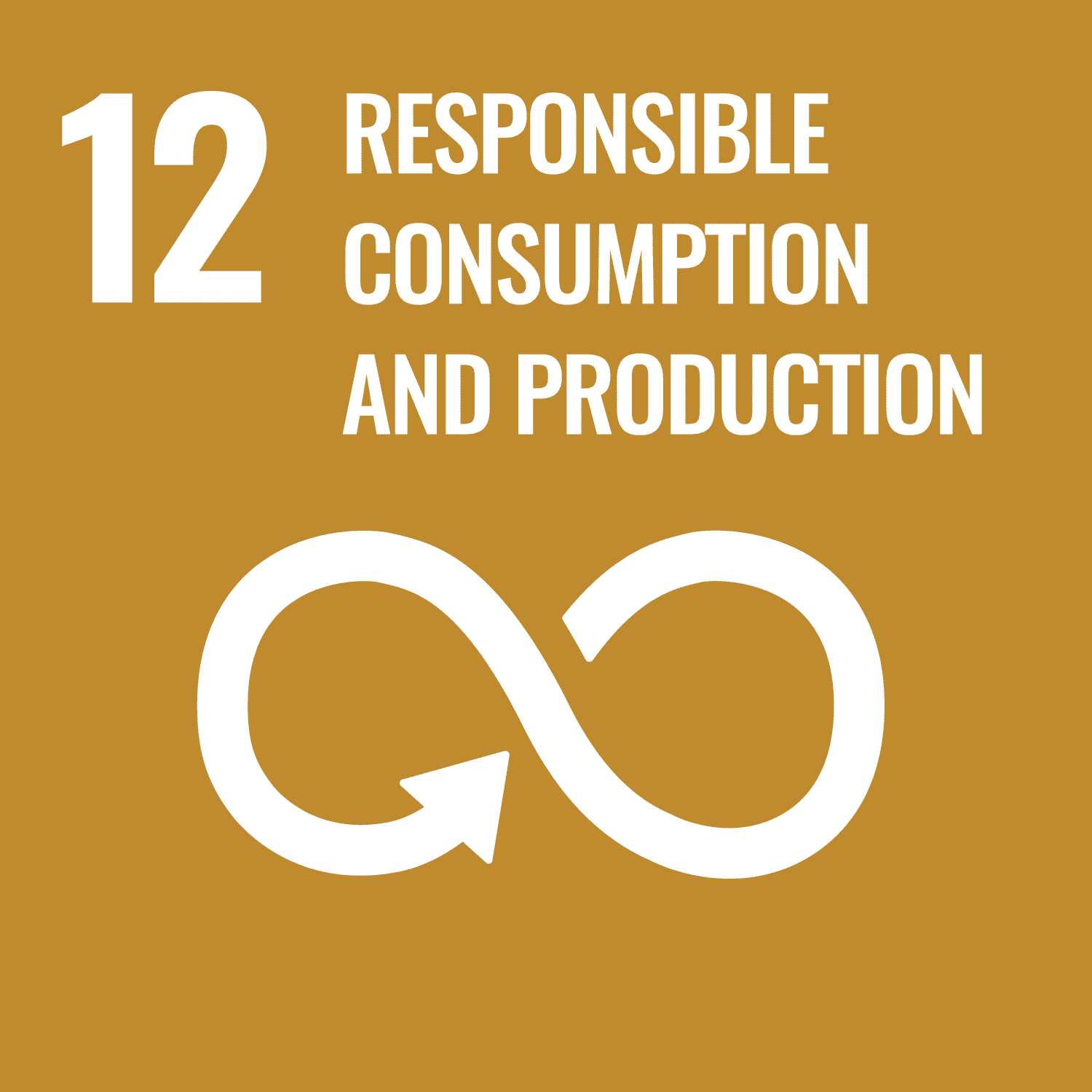What else is Switzerland doing for Ukraine?
Switzerland has been assisting those impacted through various means – from humanitarian aid, humanitarian demining and financial support to granting protection status S to individuals from Ukraine seeking refuge. By 15 February 2024, the Swiss federal government had spent a total of around 3 billion Swiss francs to support Ukrainian refugees in Switzerland and people in Ukraine.
In 2022, Switzerland organised the first Ukraine Recovery Conference in Lugano and launched the political process to help Ukraine rebuild. The Summit on Peace in Ukraine, held in Switzerland in 2024, set up a path towards a just and lasting peace in Ukraine. In the longer term, the Federal Council aims to allocate 1.5 billion Swiss francs to support Ukraine's recovery efforts by 2028.








